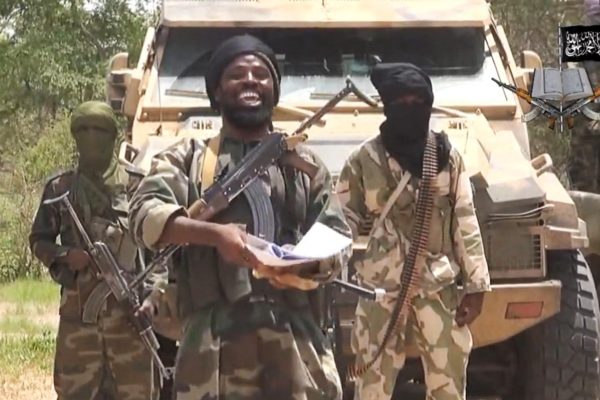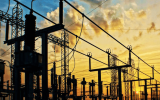Contrary to claims made by President Muhammadu Buhari and other top officials in his government that Boko Haram is not in control of any territory within Nigeria, a recent statement by foreign officials says otherwise.
A United States military official, General David Rodriguez, who is the commander of the U.S. Africa Command (USAFRICOM), has testified before a U.S. Senate Armed Services Committee that Boko Haram still holds some territory in Nigeria, Premium Times reports.
Responding to a question from Senator Angus King of Maine: “Is Al-Shabaab and Boko Haram growing, are they adding members? I know they don’t hold territory, are they adding areas of influence?”.
General Rodriuez answered saying: “Actually sir, Boko Haram does hold some significant territory in Northern Nigeria as do Al-Shabaab in limited areas of Somalia.”
The general added that the ISIL affiliation to Boko Haram is a top priority to Nigeria, although he didn’t expand much on the activities of Boko Haram.
“We are watching carefully for signs that the threat posed by Boko Haram to U.S. persons is growing as a result of the group’s alignment with ISIL.”
“Our engagement now can assist our African partners in realizing their potential and gaining the capability to solve African problems. African solutions to African problems are, in the long run, in the best interest of Africans, Americans, and indeed the world.”
Speaking to the committee, Jennifer Cooke of the Centre for International and Strategic Studies (CSIS) and Alice Friend of the Centre for New American Security (CNAS), stated that:
“The one reason that today’s hearing is so important—it is important to remember that Boko Haram has proved resilient to setbacks in the past, the possibility that it will regroup and rebuild should be the source of critical regional and international concern.”
“In the current global and regional context, where jihadist groups compete for notoriety and ISIL entrenches its presence in Libya, there is an urgent need to prevent Boko Haram from regenerating and possibly coming back more virulent, destructive, and globally connected than before.”














